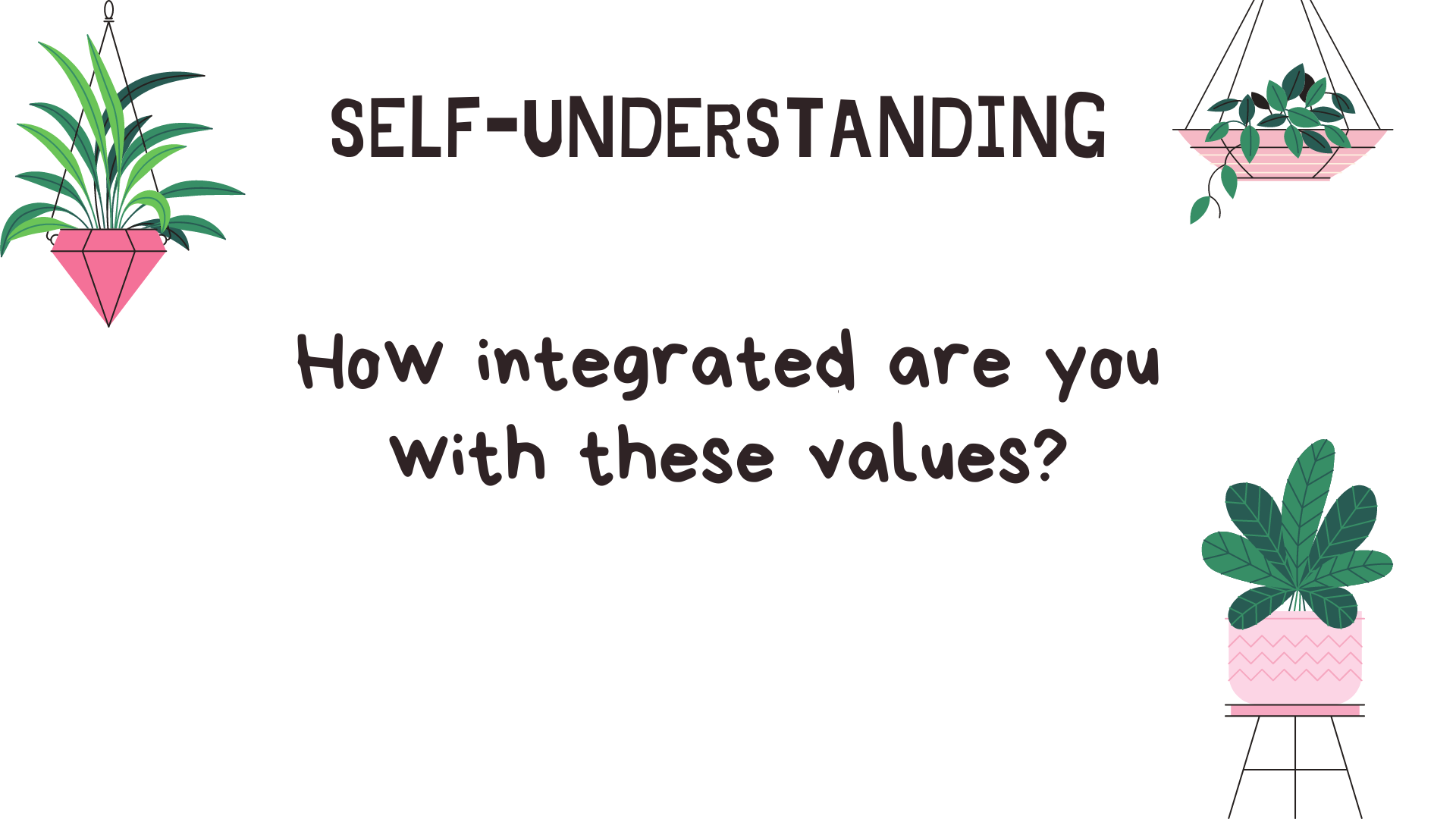
About Teen Self-Compassion
What Is Self-Compassion?
Or what I call, “the gift that keeps on giving”:
Watch the video to understand an introductory explanation of self-compassion, and click here to learn more from Dr. Kristin Neff, a pioneer in self-compassion research.

Relevant Vocabulary
-
To treat ourselves with patience, kindness, love, and a caring and accepting attitude, even and especially in the wake of personal failures and losses. A self-compassionate person recognizes that humans are imperfect and thus will respond to their own mistakes with gentle understanding and strive toward self-betterment and progress.
-
Self-talk, also called our “inner dialogue,” is a name for the conversations that take place within our thoughts.
“Negative self-talk” describes our harsh thoughts/inner critic which judges our actions, berates us on our failures, exaggerates our shortcomings and discourages our growth and attempts toward success.
“Positive self-talk” describes our self-compassionate thinking/inner cheerleader that treats us with care and comfort in difficult moments, empowers us to resile through stress and loss, and unconditionally supports our growth.
-
How we perceive ourselves. Would you describe yourself as intelligent or competent? Do you think you are an attractive or charming person? What do you think you contribute to your friend circle? All of these opinions we hold about ourselves factor into our self-concept.
-
To be mindful means to devote our undivided attention and time toward our living experience at the present, which has tremendously positive research-proven impacts on our health.
For example, someone who is practicing mindful breathing might reserve a few responsibility-free minutes for the activity, find someplace quiet to sit, close their eyes to block out visual distractions, and breathe slowly, bringing to mind sensory observations from the feeling of their expanding chest to the length of time they’re comfortably able to hold their breath.
Mindfulness could also look as simple as someone who is eating their favorite food slowly and deliberately to really savor the taste and texture of the food item.
-
A term used to describe when people have secured and surpassed their security and ego needs and are motivated by growth goals and values, such as justice, goodness, authenticity, justice, etc.
10 Characteristics of Self-Actualization from Dr. Scott Barry Kaufman
-
A strong and stable internal foundation composed of resilience and unwavering self-concept. Someone who practices or possesses groundedness will be likely to successfully resile through difficult obstacles and major changes in their external environments, whether personal or professional.
-
Self-parenting is when we create and enforce the opposite of a harsh inner critic inside our heads (AKA our inner cheerleader). This encouraging, compassionate inner voice is thought of as a mature, loving mini-parent inside our heads, caring for the vulnerable “inner child” inside of us.
We often look to the adults in our life (parents, teachers) for guidance and validation, so it’s impactful to have a firmly supportive inner parent with us, whether we are just children or fully-grown adults.
According to Raleigh Psychotherapy, “Because no parent or parents can provide for every single developmental need of a child, there are parts of each of us that were neglected, or experienced trauma, or hurt. […] We can reduce the deficits from childhood through self-parenting.”
-
What we sometimes refer to as “overthinking” — the process of thinking about the same thing again and again.
-
According to Habits for Wellbeing, “pain” is the physical and objective sense of distress while “suffering” is the more subjective personal interpretation of the painful experience. The more we allow ourselves the permission to feel pain and the unpleasant emotions which accompany it, the less suffering we are likely to experience.
On the other hand, emotional repression or avoidance or resistance is likely to exacerbate the level of suffering we’ll endure during a difficult experience.
-
When we weigh similarities and differences between ourselves and others. It is a natural human instinct to make and use self-comparisons as a metric for our success.
Self-comparisons, whether they make us feel better or worse about ourselves, can be harmful for the reason that they create the false impressions that 1) we are aware of others’ failures and successes as much as we are aware of our own, and 2) we are afforded the same resources, privileges, community support, etc. as each other.
-
Self-competition is a method people use to engage their competitive drive and achieve personal and professional success without engaging in excessive self-comparisons and peer competition. It means to compete with ourselves and strive toward surpassing our own past accomplishments, instead of those of others.
Helpful & Relevant Infographics
(Makes it easier to visualize the vocabulary explained above and throughout the website)
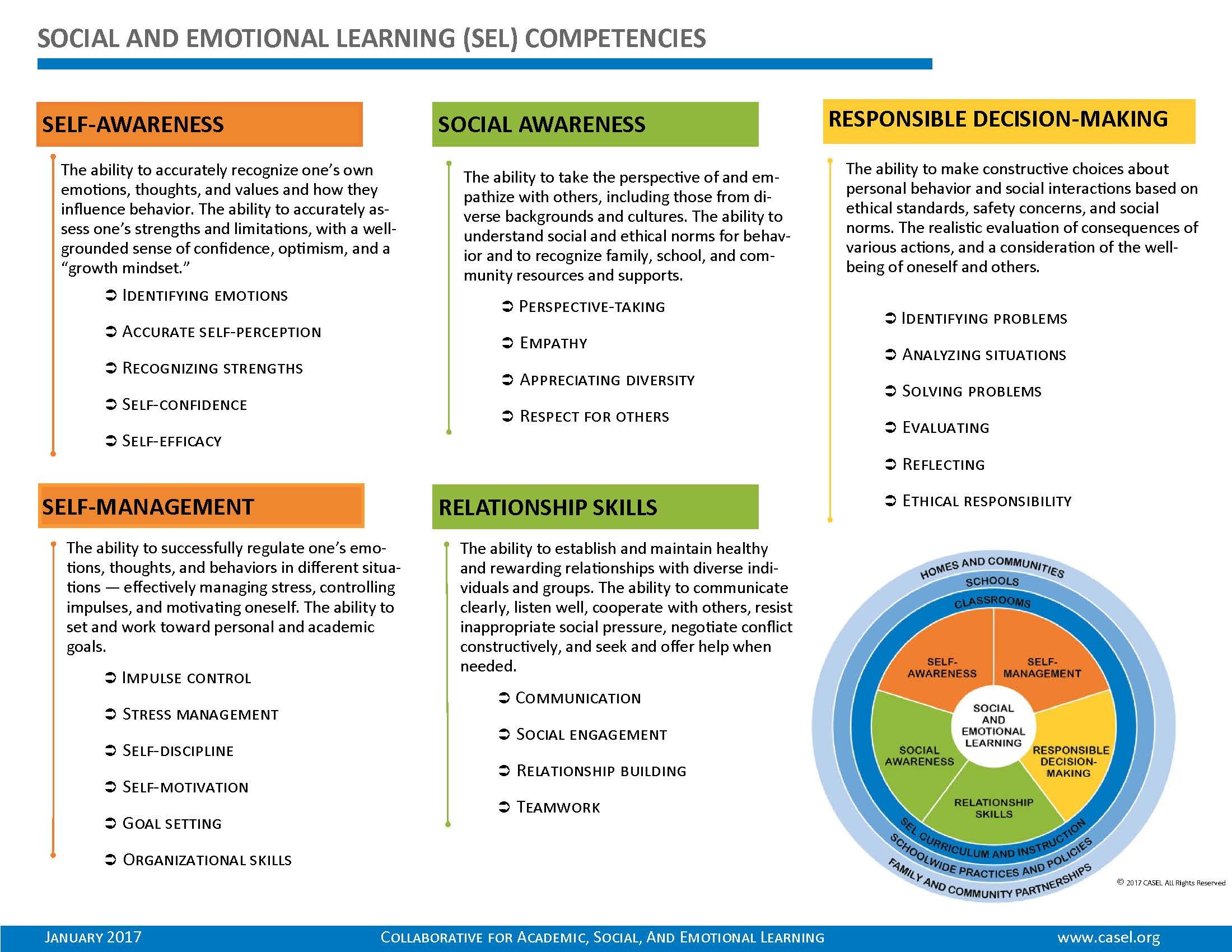
Graphic by CASEL
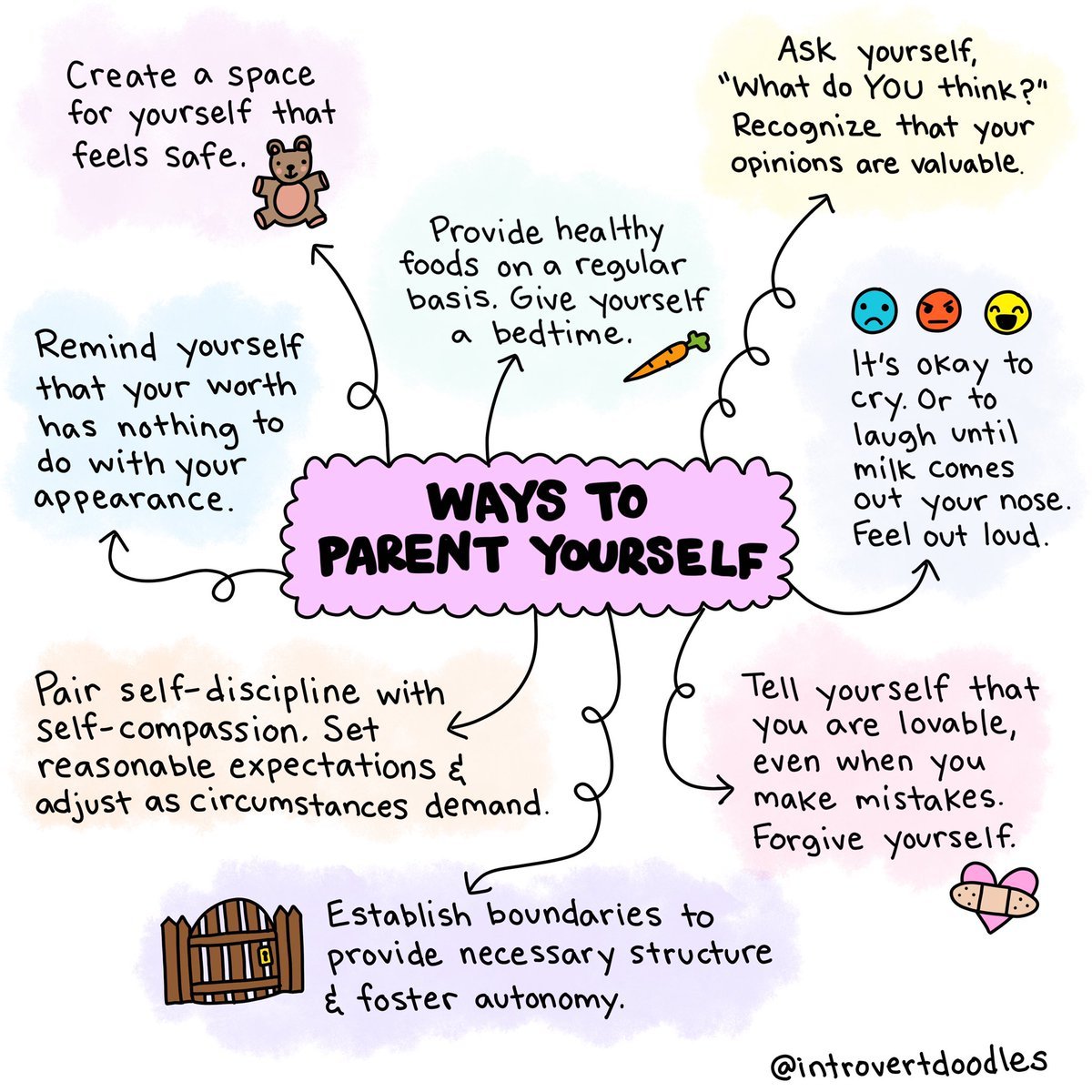
Graphic by @introvertdoodles
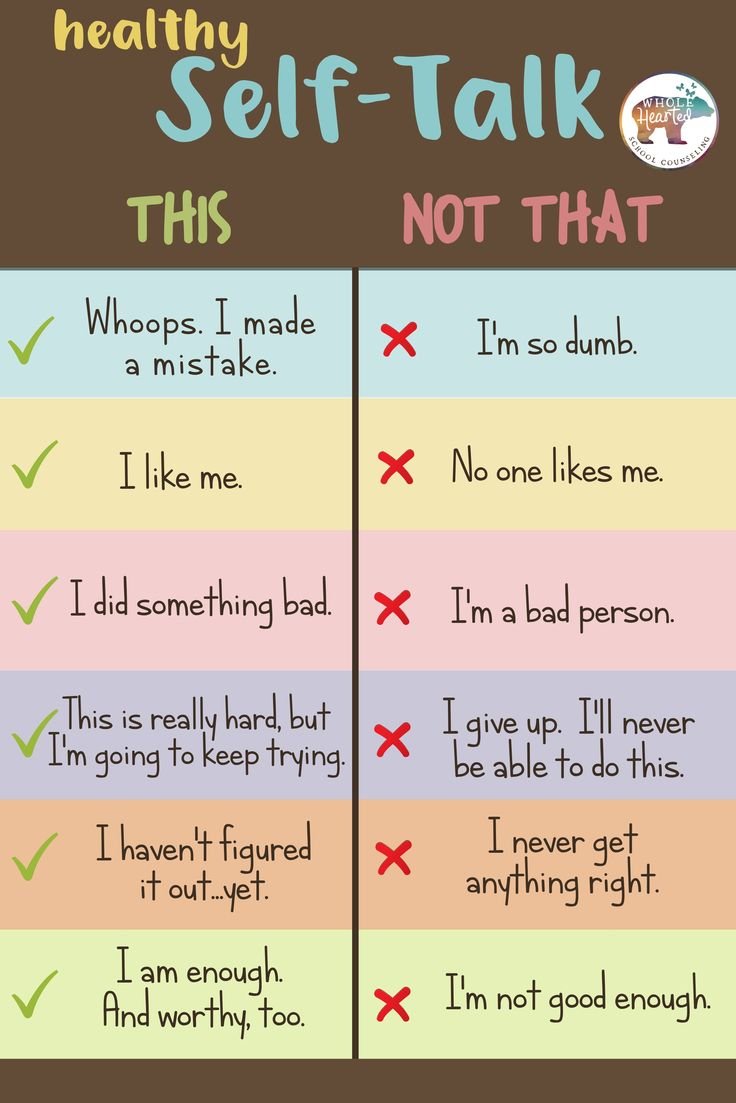
Graphic from WholeHearted School Counseling
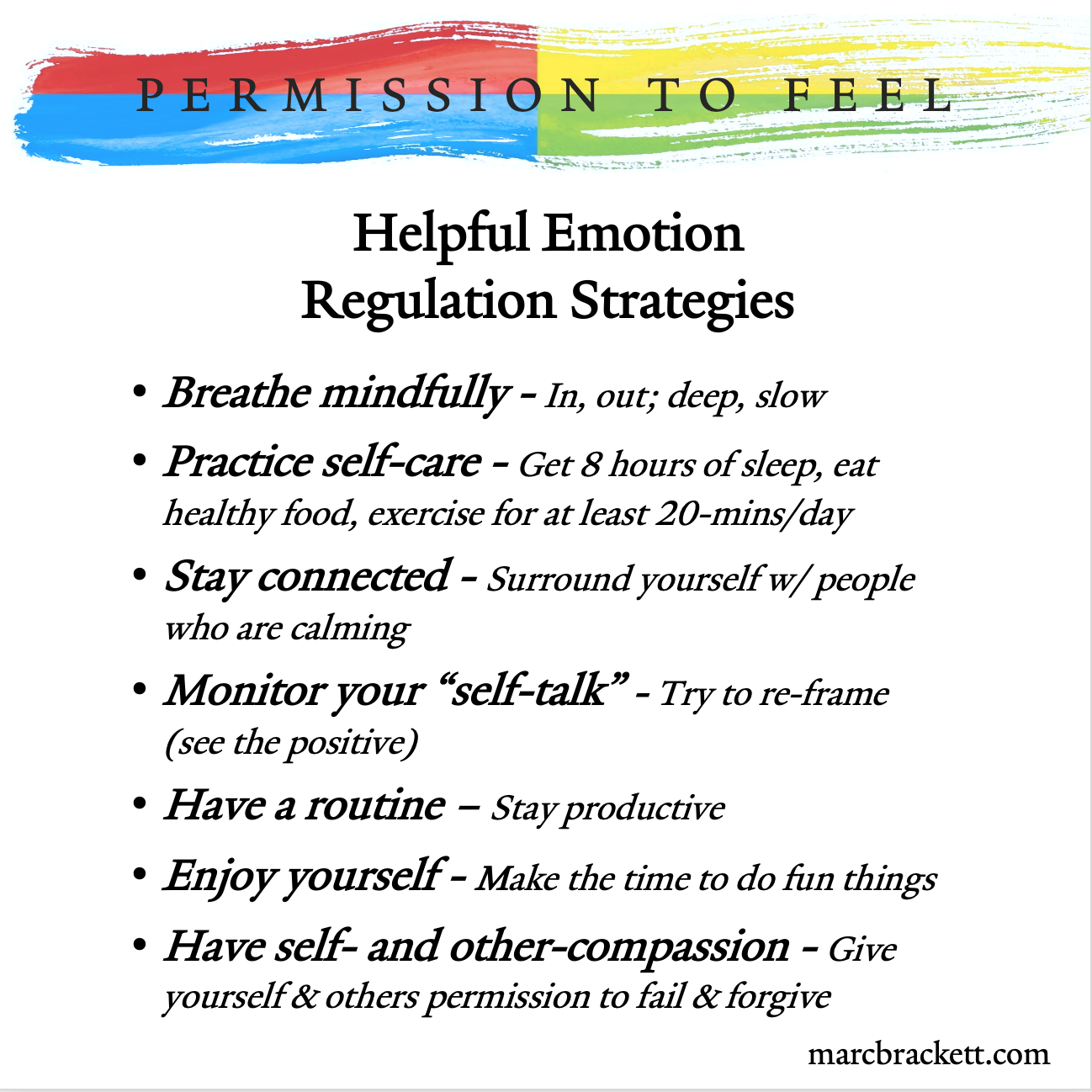
Graphic from marcbrackett.com
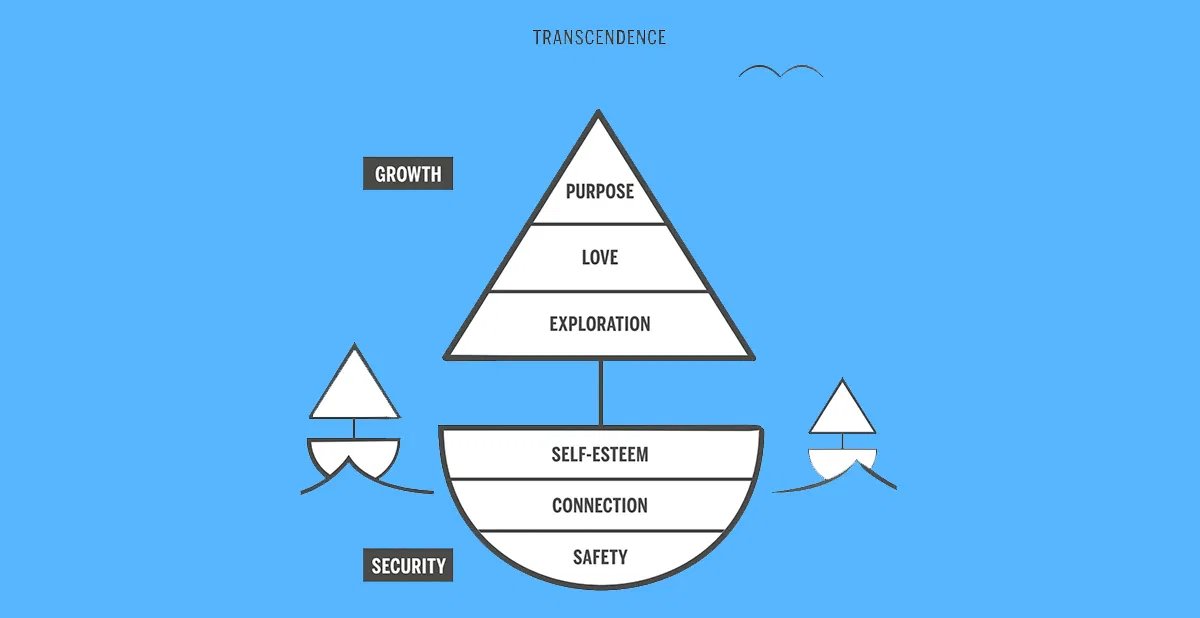
Illustration by Andy Ogden

Illustration from seeyourwords.com
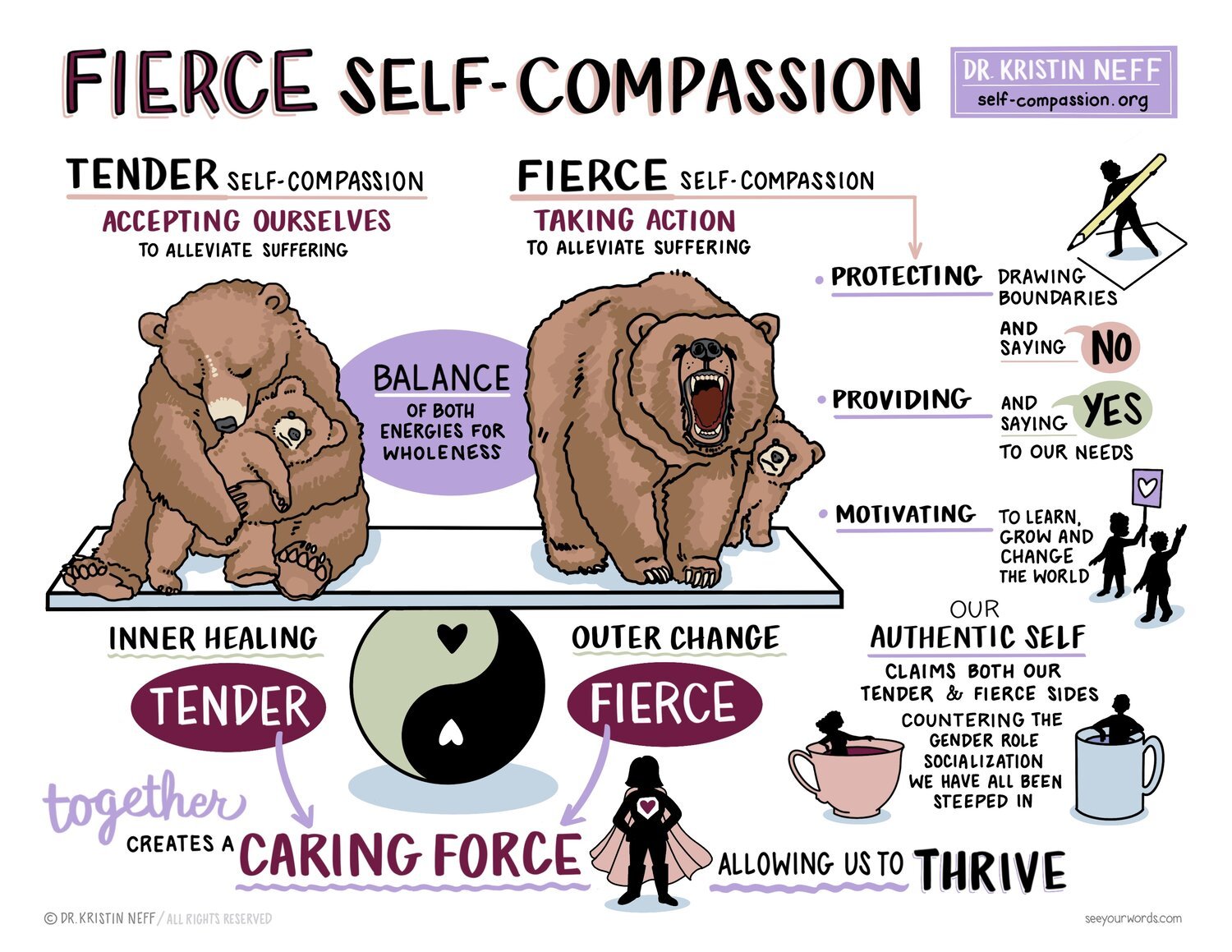
Illustration from seeyourwords.com
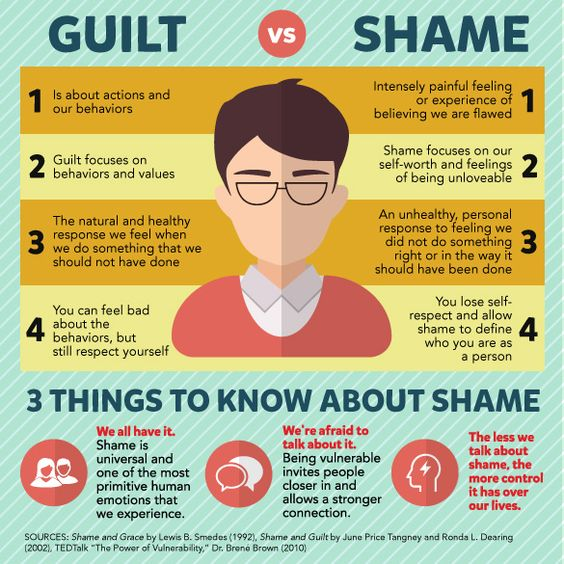
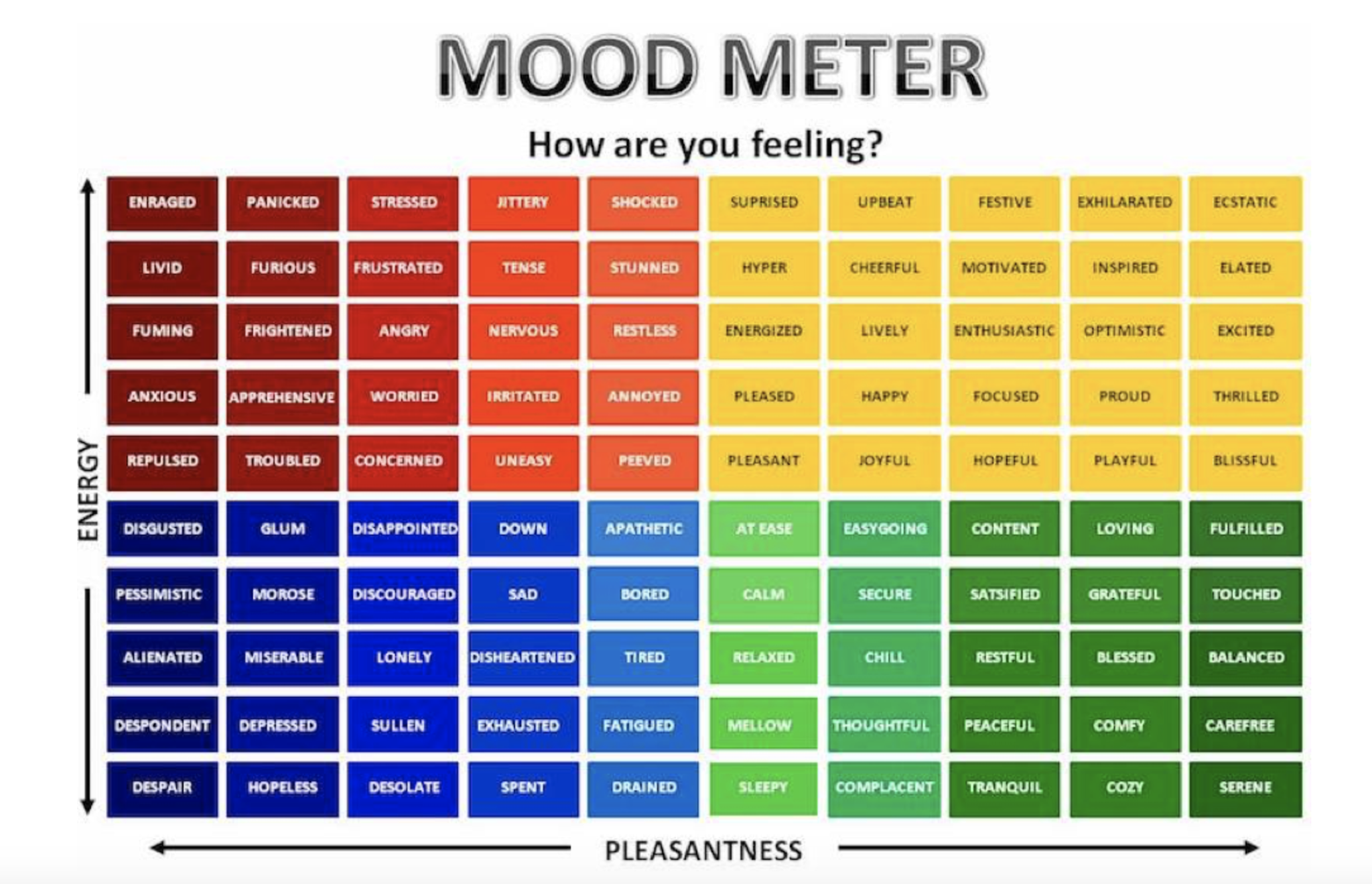
General Resources
The Taarika Foundation’s YouTube & Podcast Series
The Taarika Foundation is a 501(c)(3) non-profit mental health organization committed to supporting the whole child.
Our YouTube channel—”Supporting the Whole Child”—and podcast series—”Mindful, Beautiful & Thriving”—are committed to expanding communitywide education about navigating mental health disorders, healthy and effective parenting practices, and developing self-compassionate and growth-oriented lifestyle habits, among other topics.
ICC West Valley’s Youth Discussion Forum
Our group was founded to help middle and high schoolers share about their mental wellbeing and cultural identity in a safe space and build a community with each other. The youth forum is for students ages 12+ who are interested in psychology and/or mental health.
We organize student talks and panels, develop creative projects to mitigate social issues in the community, and mentor middle schoolers in leadership and self-regulation skills, among other competencies.
We meet every Saturday on Zoom from 7-8 PM and offer volunteer hours for all of our members. Please reach out to us here for the Zoom login for our meetings! We love to welcome new members.
Myndtree’s Community Drop-in Guided Meditations
“I invite you to join me and a wonderful community of fellow meditators to begin your day meditating with a group. In addition to setting the right tone for your day by relaxing the body, soothing the heart, and calming the mind, these short, guided meditations nurture the qualities of mindfulness, compassion, joy, wisdom and peace.
No previous meditation experience necessary. These are drop-in sessions and you can attend whenever your schedule allows it. They're offered on a donation basis and held online on Zoom.”
— Dr. Gayathri Narayanan
Healing & Helpful Reads
Dr. Kristin Neff’s “Does Self-Compassion Mean Letting Yourself Off the Hook?”
What is it about?: Misconceptions about self-compassion, taking accountability for our mistakes, guilt vs. shame, self-growth
Favorite quote(s):
“[W]hen we relate to ourselves kindly even when we’ve behaved badly, it’s safe to face the truth about ourselves. We don’t need to deny what we’ve done or distort the storyline so that we blame anyone other than ourselves for what happened. Mea culpa.
I can own up to it, because even though my behavior might have been bad, that doesn’t mean that I AM BAD.”
— Dr. Kristin Neff
Pete Walker’s “Complex PTSD: From Surviving to Thriving”
A Guide & Map for Recovering from Childhood Trauma
What is it about?: From Surviving to Thriving is exceptionally impactful for people who have navigated/are navigating intense toxic shame, an emotionally repressive childhood, few models of effective emotional regulation, emotional abandonment, frequent conflicts, and/or a tumultuous relationship with family members while growing up.
“This book is a practical guide to recovering from lingering childhood trauma. It is copiously illustrated with examples of the author's and his clients' journeys of recovering. It is a comprehensive self-help guide for working through the toxic legacy of the past and for achieving a rich and fulfilling life.”
— Pete Walker
Dr. Scott Barry Kaufman’s “What Humans Could Be”
What is it about?: Human potential, possibilities for a harmonies society based on self-actualization science, how we can contribute towards our wellbeing and the goodness of others, Abraham Maslow’s Theory Z about self-transcendence
Favorite quote(s):
“Improving the good society starts from within, as we shift our own perspective on human nature and work to bring out the best in each other.”
“Maslow suggested that the healthiest societies are those in which “virtue pays”—in other words, societies that reward people who behave virtuously, rather than only rewarding those with the most money or the most prestigious accomplishments. This could start with early education, by rewarding kindness and the love of learning over one’s standardized test results.”
— Dr. Scott Barry Kaufman
Audre Lorde’s “The Transformation of Silence into Language and Action”
What is it about?: Doing things, creating things, not staying still out of fear, avoiding regret and suffering, supporting and strengthening other voices of our community, recognizing our shared humanity with others and speak our truths knowing that there will always be at least one who can relate
Favorite quote(s):
“We can learn to work and speak when we are afraid in the same way we have learned to work and speak when we are tired. For we have been socialized to respect fear more than our own needs for language and definition, and while we wait in silence for that final luxury of fearlessness, the weight of that silence will choke us.”
— Audre Lorde

Learn where you stand now with social-emotional skills so you understand what and how to improve.
Research-based Quizzes & Scales
CORE VALUES: Authenticity, Achievement, Adventure, Authority, Autonomy, Balance, Beauty, Boldness, Compassion, Challenge, Citizenship, Community, Competency, Contribution, Creativity… and so on!
These are some of my favorite scales to self-assess my psychological & character strengths, as well as attributes to further develop and strengthen. They have to do with core values, resilience, self-actualization, awe and compassion, among other traits.
-

Strengths-Based Resilience
How many tests? Two.
About: Assess your Signature Strengths and your well-being. Both scales are based on models created by Dr. Martin Seligman, a pioneer in the field of Positive Psychology.
-

Self-Actualization
How many tests? Five.
About: Assess your levels of self-actualization, awe, healthy selfishness and healthy personality traits, as well as your light and dark traits. Most scales are derived from research co-conducted by Dr. Scott Barry Kaufman.
-

Traits for a Meaningful Life
How many tests? 18.
About: Assess your levels of self-compassion, empathy, purpose in life, social capital, connection to humanity, stress and anxiety, relationship trust, etc. Provided by The Greater Good Science Center at UC Berkeley.
-

VIA Character Values
How many tests? One.
About: Assesses your character strengths, ranging from creativity and social intelligence to love of learning and zest. The assessment is based on Character Strengths and Virtues, a book of scientific research.
For Educators
How To Help Every Child Fulfill Their Potential (09:59)
The Yale Center of Emotional Intelligence: InspirED Program for Creating a Healthy & Meaning-Filled Learning Environment
What is it?:
“InspirED provides detailed step-by-step guides designed by teens, educators, and SEL experts, to implement wellness activities and projects that have already been put into practice by other schools in the country.”
The goals of these projects range from drafting individual passion projects in class, to implementing restorative practices to work towards more empathetic conflict resolution.
The JED Foundation: How to Support Your High-Schoolers’ or College Students’ Mental Wellbeing As an Educator
What is it about?:
“As an educator, we know that you want to support your students’ mental health and emotional well-being but you might not always know how. If you notice that a student is struggling emotionally, there are ways to help. These tips and tools are here to help you recognize the problem, start a conversation, and provide the support they need.
If you or someone you know is feeling hopeless or having thoughts of suicide, text START to 741-741 or call 1-800-273-TALK (8255) now.”
National Education Association (NEA): Inside a Trauma-Informed Classroom
An excerpt from the article:
“Scientists tell us that a child’s brain changes when they witness violence at home or in their communities, or experience poverty, eviction, and hunger. It adapts, altering its structure in a way that can be observed in brain scans. As a result, educators of these children will notice frequent “fight, flight, or freeze” responses to stress.
But what educators need to know is that they can adapt too, says Deb Stevens, director of instructional advocacy for the Delaware State Education Association (DSEA). With professional training, they can reduce the impact of traumatic experiences and help all children learn.”
Edutopia: Emotional Regulation Activities for Tweens & Teens
From the author:
“Emotional regulation can be a particularly challenging skill for tweens and teens. […]
When physical, academic, social, and peer pressures and fluctuations pile on, many tweens and teens struggle, to the point where they can feel like their lives are out of control.
Stabilizing coping strategies and self-regulating tools help students take ownership of challenging and overwhelming emotions. I use them frequently in my practice, with much success.”
Researcher Angela Duckworth on Psychology, Parenting and Great Teachers
An excerpt from the article:
“What [Angela Duckworth] cares about is character: how it’s formed, and how it shapes people. Her widely cited studies on non-cognitive skills — the range of social and emotional competencies like self-control and teamwork that undergird intellectual ability — often focus on young people who have accomplished extraordinary things, from winning the National Spelling Bee to surviving the rigors of West Point’s Beast Barracks.
Most famously, Duckworth has isolated and extolled the benefits of grit, the sustained commitment to achieving long-term goals in the face of obstacles.”
The Child Mind Institute on How Educators & Parents Can Help Kids to Self-Regulate
An excerpt from the article:
““We approach self-regulation skills in the same way we approach other skills, academic or social: isolate that skill and provide practice,” Bezsylko explains. “When you think of it as a skill to be taught — rather than, say, just bad behavior — it changes the tone and content of the feedback you give kids. ”
The key to learning self-regulation skills, says Dr. Rouse, is not to avoid situations that are difficult for kids to handle, but to coach kids through them and provide a supportive framework — clinicians call it “scaffolding” the behavior you want to encourage — until they can handle these challenges on their own.”
The University of Pennsylvania: Positive Psychology Course Syllabi
What is it?:
“The following syllabi were provided by various college professors of psychology, in the hope that teachers might find them useful in developing a syllabus for a Positive Psychology course. They are in reverse chronological order.
The mission of the Positive Psychology Center is to promote research, training, education, and the dissemination of Positive Psychology. Positive Psychology is the scientific study of the strengths that enable individuals and communities to thrive.”
The Noba Project: Motivating Students to Learn
What is it about?:
“Not all students have a burning desire to master the material faculty teach. Some students do not want to go to college [or school] to learn, but go because they are either forced to by their families, or otherwise feel that they have to.
What are the best ways to increase motivation? Knowing the research on motivation can help instructors better engage students.”

For Younger Kids
The Compassion Project: For Younger Kids & Educators
What Is It?: The Compassion Project is a first-of-its-kind national initiative to provide compassion education to elementary school students across the US, with 28,900 schools, 61,800 registered teachers and 770,190 students impacted.
Their Mission: To ensure that every primary school student in the US understands what compassion is and how to practice it.
Mindful Schools: For Kids from Kindergarten to 5th Grade
What Is It?: Mindful Schools has created ten free mindfulness classes for kids (as seen on CNN). Join them online – for mindful activities, mindful movement, read-alouds – and let’s have fun exploring mindfulness together!
Mindful Schools is a 501(c)(3) nonprofit organization and our everyday work is training educators to bring mindfulness to their K-12 classrooms – we’ve trained over 60,000 teachers, parents and school leaders! We created these online kids classes as an immediate resource for families that may be away from school and work during these challenging times.
ClassDojo: Research-supported Growth Mindset for Kids video resources — Ages 5-10
What is it?: ClassDojo and Stanford's PERTS Research Center teamed up to create the the first season of The Mojo Show. The five-episode video series (along with a few incredible activities) highlight the power of having a growth mindset, and how any student can learn this skill!
Video themes include the introduction of the brain as a muscle, the magic of mistakes, how to positively reflect on our thoughts/self-talk, and more.
More with ClassDojo x Stanford PERTS Research Center
Topics include Perseverance, Empathy, Gratitude, Mindfulness, Respect & Positive Thinking
What is it?: “ClassDojo is a school communication platform that teachers, students, and families use every day to build close-knit communities by sharing what’s being learned in the classroom home through photos, videos, and messages.
Actively used in 95% of all K-8 schools in the U.S. and 180 countries; 1 in 6 U.S. families with a child under 14 use ClassDojo every day; 15 million children have learned about Growth Mindset and Empathy with ClassDojo; All messages can be translated into 35 languages automatically.”











